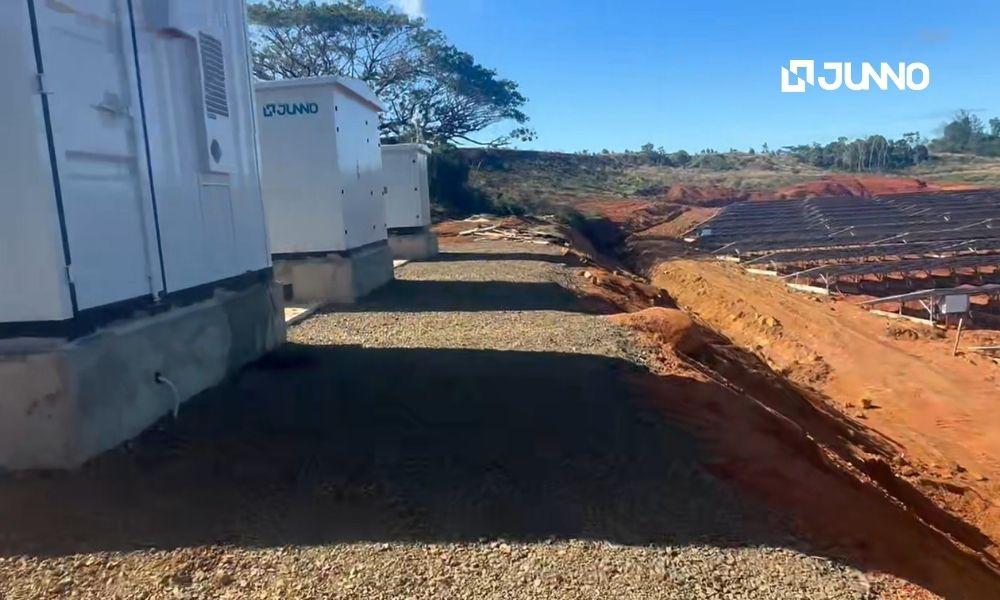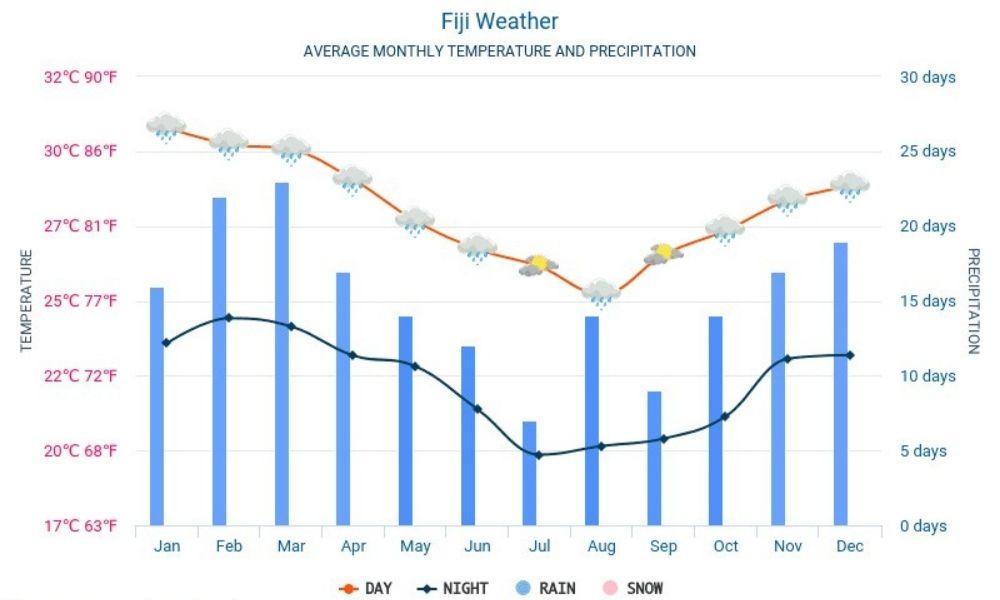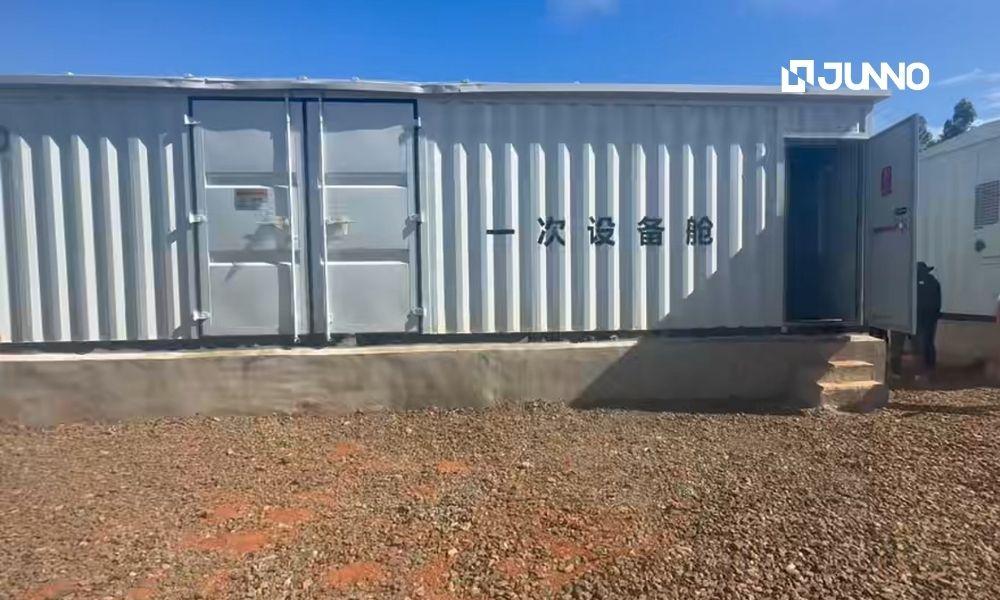Zero-Carbon Island: Fiji’s Off-Grid Microgrid Project Now in Operation
Fiji is located in Oceania and has plenty of solar energy. It gets more than 2,500 hours of sunlight per year. Still, 60% of the island’s electricity comes from diesel generators. This led to high costs, more pollution, and a weak power supply system. The project uses a new approach: “solar first, storage supports, diesel backs up.” It brings more energy choices, lowers costs, and sets a new standard for clean energy in the region.

Project Overview
The factory relied completely on diesel generators. They ran 10 hours per day. The average load was 500 kW, with peaks up to 1,100 kW. Long hours of use caused carbon buildup, rust, and aging equipment. Power efficiency dropped. Maintenance costs and pollution kept rising.
We built a 1.7 MWp solar system with a 1.5 MW / 2.89 MWh battery storage system. During the day, the solar panels power the factory. Extra energy is stored in the batteries. At night, the stored energy is used to keep the power on.

This system meets the factory’s daily power needs. It replaces most of the diesel generation. It makes energy use more sustainable.
Key Design Features
Fiji has three months of typhoons and rain each year. This is a big challenge for an off-grid microgrid. The engineers designed a smart solution: “solar first, storage supports, diesel backs up.”

Normal weather: Solar provides about 67% of the power, and storage provides about 33%. The diesel generator usually stays off. The battery storage is set at 1.5 MW / 2.89 MWh for best performance.

Rainy days: When there is little sun, the system uses “storage + diesel.” It shares the load intelligently. The customer also added two new 1,375 kVA diesel generators to keep the power stable.
Impact of the Project
Fiji's microgrid solution is becoming the golden key to solving the island's energy supply problem, while also providing a replicable case for power-scarce areas such as islands, mining areas, and remote factories to cope with extreme weather.